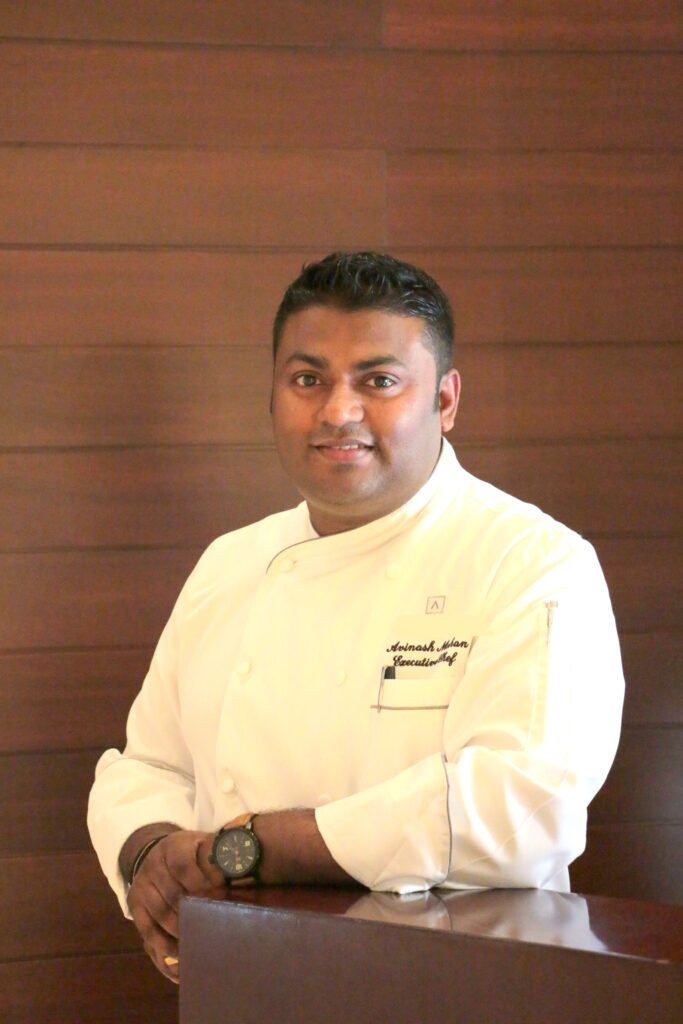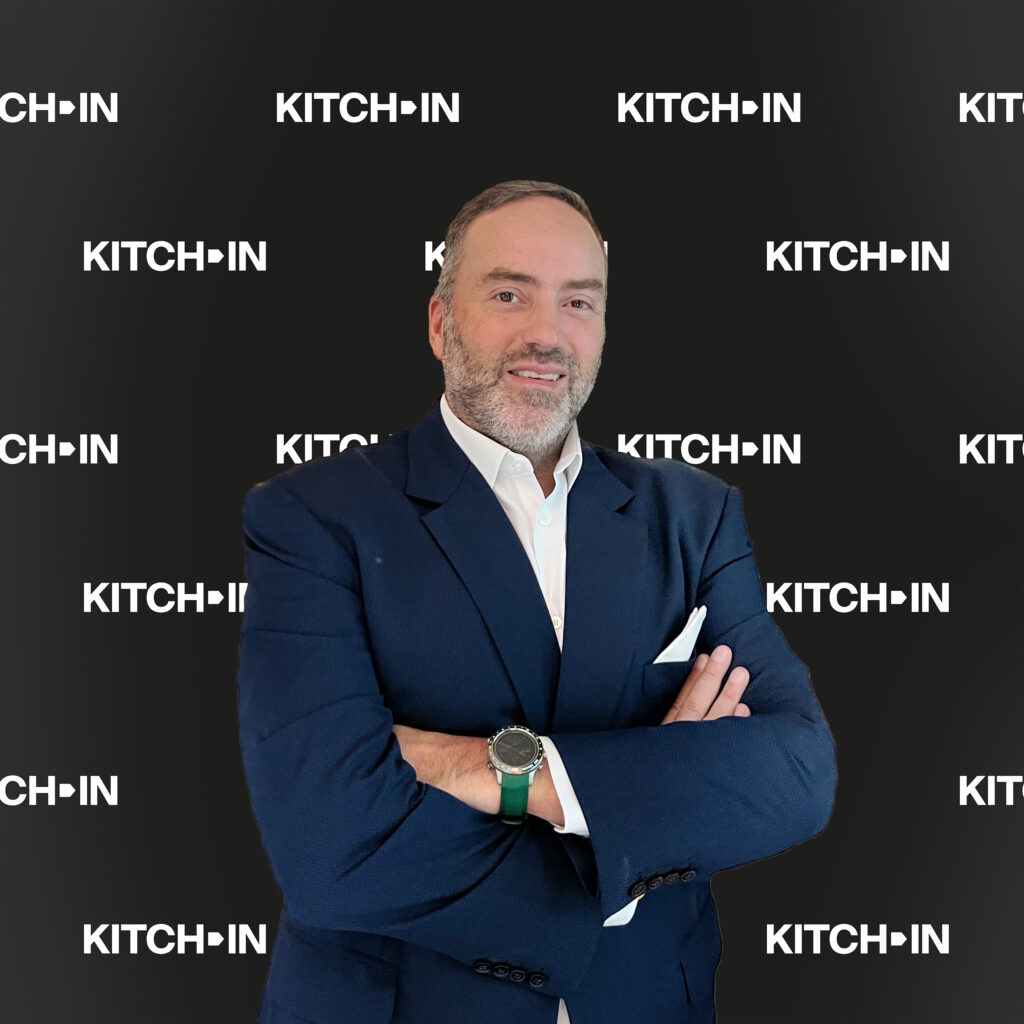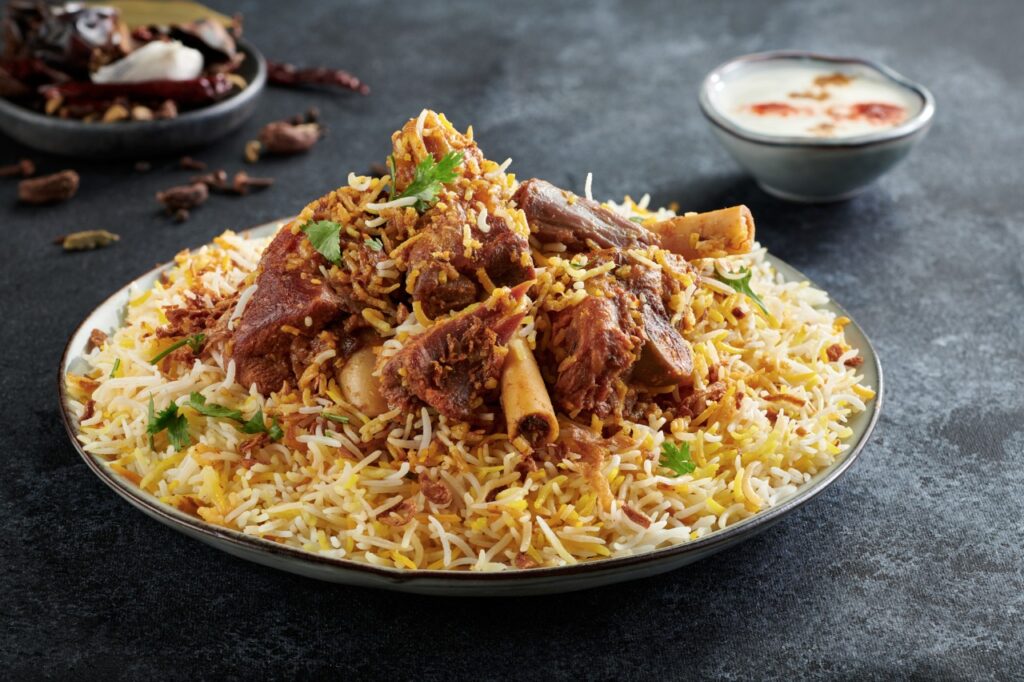(Third of a four-part series)
The United Arab Emirates was “way ahead on the curve in opening up,” said
Chef Avinash Mohan, who headed Emaar’s hospitality and catering operations at the recently-concluded Expo 2020 Dubai and is now running his own dining venue – the Cochin Harbour Restaurant.
Being ahead, he said, this has “pushed the demand in terms of people coming here.”
And that, he said, contributed to the rebound of the food and beverage industry.
“Indeed,” Chef Avinash said, “there has been an immense increase in people dining out post-pandemic, and Dubai being one of the most organized cities globally to control the effects of the same, the rebound to normalcy has been really faster.”

“This has significantly helped people overcome the pandemic scar and lead to swift normalcy.Peple have started to dine out with full strength .At the same time this success especially at EXPO2020 has brought guests globally to come to Dubai which has helped grown tourism immensely.”
Dubai, being the melting pot of the world, will always have a demand for global cuisine, said Martin Venter, Chief Operating Officer at Kitch-In.
“With its expatriate population and a large transient community always looking for home comforts, it’s a natural evolution of the food and beverage landscape to have new and wonderfully unique concepts launched throughout the city.

“The F&B sector can only improve since the lockdown. The crippling effects on many operators were catastrophic. I choose to be more pragmatic about it and see it as a natural evolution. The strong operators with solid fundamentals (good food, reasonable pricing, and a value proposition) will survive,” he added.

With around 16 million tourists drawn to the lights and sights of Dubai annually, tourism is an excellent source of revenue and provides much-needed footfall throughout all venues in Dubai, said Venter. (Up next: Where is F&B headed?)

